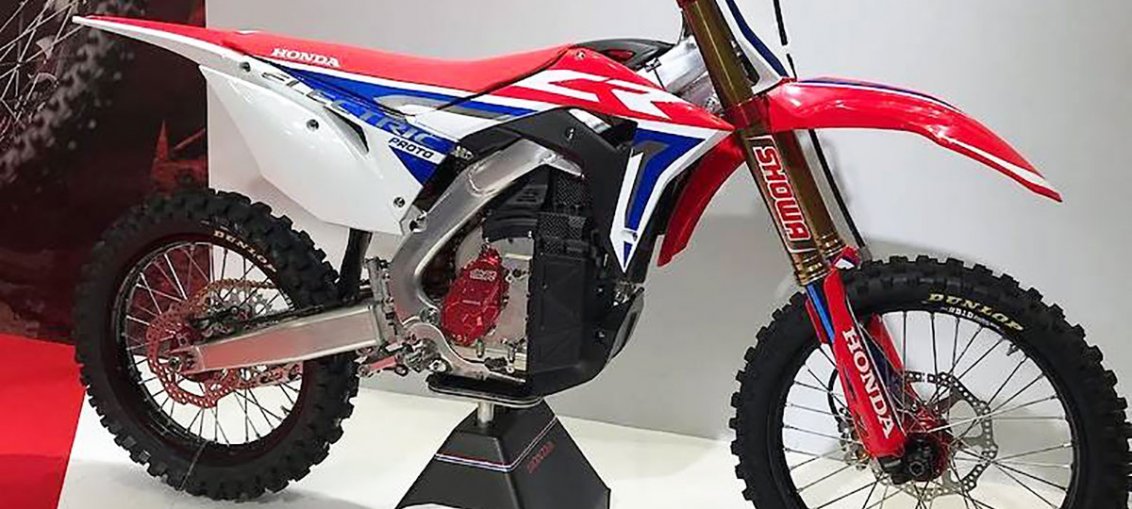
KTM will work with Honda, Yamaha and Piaggio to set up a Swappable Batteries Consortium for Motorcycles and Light Electric Vehicles. At the moment it is only for mopeds, small motorcycles and other city transport solutions. But it’s the first major move towards standardised batteries that could be used in bigger bikes.
KTM group company Husqvarna says its electric vehicles will offer a wide range of urban transportation solutions for the next generation of powered-two-wheeler enthusiasts.
In the context of the Paris Climate Agreement and the development of electromobility, the founding members of the consortium believe that the availability of a standardized swappable battery system would both promote the widespread use of light electric vehicles and contribute to a more sustainable life-cycle management of batteries used in the transport sector.
Also, by extending the range, shortening the charging time and lowering vehicle and infrastructure costs, the manufacturers will try to answer to customers’ main concerns regarding the future of electromobility.
The aim of the Consortium will, therefore, be to define the standardized technical specifications of the swappable battery system for vehicles belonging to the L-category: mopeds, motorcycles, tricycles and quadricycles. By working closely with interested stakeholders and National, European and International standardization bodies, the founding members of the Consortium will be involved in the creation of international technical standards.
The Consortium will start its activity in May 2021. The four founding members encourage all interested stakeholders to join the cooperation to enrich the consortium’s expertise.
The KTM group includes KTM, Husqvarna and GasGas while Piaggio is Aprilia, Moto Guxzi, Vespa, Gilera and Derbi.
Stefan Pierer, KTM AG CEO: “Sustainability is one of the key drivers to the future of mobility and electrification will play a major role in achieving this goal. For powered two-wheelers the constraints of electric drivetrains regarding range, charging time and initial cost are still evident. To overcome these challenges and provide a better customer experience, a swappable battery system based on international technical standards will become a viable solution. Considering the entire lifecycle, a widespread application of batteries compliant with a common standard will support secondary use as well as circular economy. We are glad to be part of the Consortium as we strive towards our goals in the e-mobility sector.”
Executive Officer Takuya Kinoshita, Chief General Manager of Motorcycle Business Operations, Yamaha Motor Co., Ltd.: “I believe the creation of this Consortium holds great significance not just for Europe but the world as we move towards establishing standards for swappable batteries for light electric vehicles. I’m confident that through work like this, the technical specs and standards, that currently differ by regional characteristics or the state of the industry in different markets will be unified, and, in the future, will help lead towards maximizing the merits of electric power for customers on a global level.”
